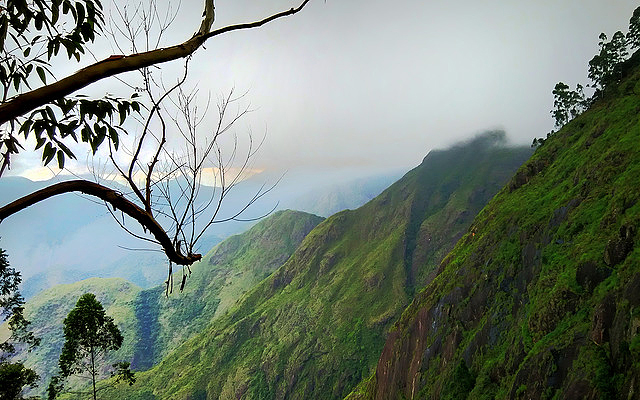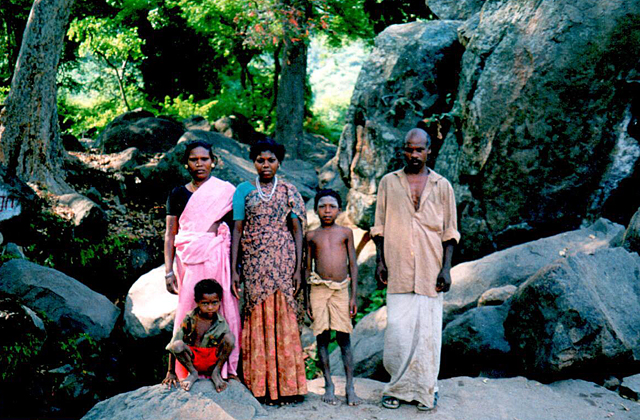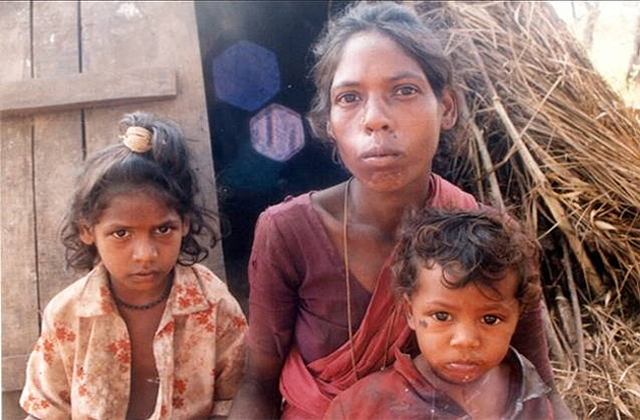The participants in a three-day program designed to provide awareness of the Paliyan people came away from the event last week cherishing a strong admiration for the peaceful tribal society. The Times of India published a news story on Monday last week about the three-day educational and cultural event held in Pannaikadu village, a Paliyan community in the Kodaikanal Hills of Tamil Nadu.

The event, organized by Kalari, an environmental and educational organization based in Madurai, attracted students, documentary makers, activists, and IT professionals. In the words of the journalist writing the story, the participants were impressed that the Paliyan society “is far more progressive than modern society in the plains.”
A journalism student from Chennai, Rajanikhil Malaramudhan, expressed a similar sentiment about the Paliyans. He said that the gender equality displayed among them is notable compared to the Tamils living in the plains. Men tend to take an equal responsibility along with women for household chores and for child care. He particularly singled out the fact that the Paliyans do not have a dowry system of any kind.

A tribal activist attending the event as a resource person, S. Thanaraj, said that the Paliyans could provide inspiration for correcting some of the ills faced by modern society. They do not exploit their natural resources, preferring to live sustainably as they always have. They used to live nomadically in the forests until they were forced by the government to settle into villages.
Thanaraj said that they only take things from nature that they personally require. They earn their livelihoods by gathering forest products. He said that if they have to pull up a plant to use its roots, they replant it in five different places. When they gather honey in the forest, they take only part of the honey comb from the beehive and leave the rest for the bees. Since they worship the trees as gods, they do not cut them down. He said that the Paliyans have been avoiding the blandishments of the consumerist society but they have recently started using such devices as televisions and smart phones.

The Coordinator of Kalari, Yogesh Karthick, indicated that about 30 people from around Tamil Nadu attended the event, matched by about 30 Paliyans from such villages as Moolaiyaru, Vaalaiyaru and Vadakarai Parai. The event also featured a display of traditional music and dancing by the Paliyans.
As is often the case with news reports about the Paliyans, it is interesting to observe how little they have changed in more than 50 years since Peter Gardner began studying them. For instance, the observation by the journalism student that they have a gender-equal society is matched by Gardner’s fieldwork among them decades ago.
He noted in a journal article published in 2009 but based on conditions in the 1960s and 1970s that both men and women collected wild foods, hunted small game, fished, and lived alone if they wished. The basic organizational principle of the Paliyans decades ago was that individuals had to make their own decisions about how to live their lives. The news story on Monday last week doesn’t go into that much detail but the reader gets the hint that changes among the Paliyans regarding important social relationships may be fairly minor.